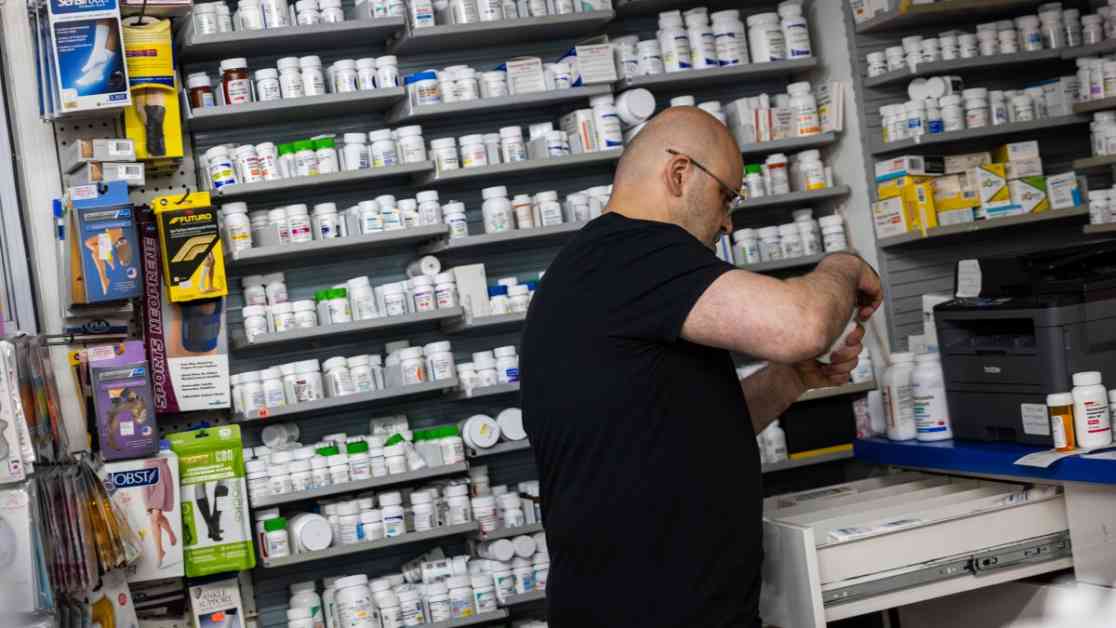Medicare’s $2,000 Prescription Drug Cap for Cancer Patients: A Game-Changer
Starting January 1st, a groundbreaking change in Medicare’s prescription drug coverage will take effect, capping out-of-pocket payments at $2,000 annually. This new development aims to alleviate the burden on older adults, especially cancer patients, who have long struggled with the exorbitant costs of life-saving medications.
A Personal Tale of Struggle and Triumph
Diana DiVito, an 83-year-old resident of Canonsburg, Pennsylvania, vividly recalls the shock she experienced when faced with the staggering costs of her cancer drug, Imbruvica, in 2016. Diagnosed with chronic lymphocytic leukemia back in 2005, Diana’s battle against the disease led her to spend a whopping $56,000 out-of-pocket on the daily pill by 2021. The escalating co-pays left her reeling, especially as she navigated life on a limited income following her husband’s passing.
Impact of the New Price Cap
Under the Inflation Reduction Act, the $2,000 cap will extend to all prescription drugs covered by Medicare Part D, providing relief to millions of beneficiaries. Previously, individuals had to endure out-of-pocket expenses exceeding $7,000 before reaching catastrophic coverage. However, this new cap signifies a pivotal shift in the landscape of healthcare affordability for older Americans, particularly those grappling with conditions like cancer.
Real Lives, Real Savings
For Mary and Jim Scott, residents of Oregon, the prospect of reduced prescription drug costs brings a sense of respite after a tumultuous year of battling Jim’s health challenges. Despite the cap not applying to drugs administered in healthcare settings, the Scotts view this change as a beacon of hope, allowing them to prioritize Jim’s well-being and cherish the simple joys of life with their loved ones.
In the realm of healthcare ethics, experts like Arthur Caplan underscore the financial strain faced by cancer patients, shedding light on the stark reality of medical debt and bankruptcy among those grappling with life-threatening illnesses. The $2,000 cap serves as a beacon of hope for countless individuals, offering a glimmer of financial security in the face of escalating healthcare costs.
As the countdown to January 1st begins, Medicare beneficiaries across the nation eagerly anticipate the dawn of a new era in prescription drug affordability. With the promise of reduced out-of-pocket expenses and enhanced financial security, this transformative change stands poised to uplift the lives of countless older adults, ensuring that vital medications remain within reach for those who need them most.


